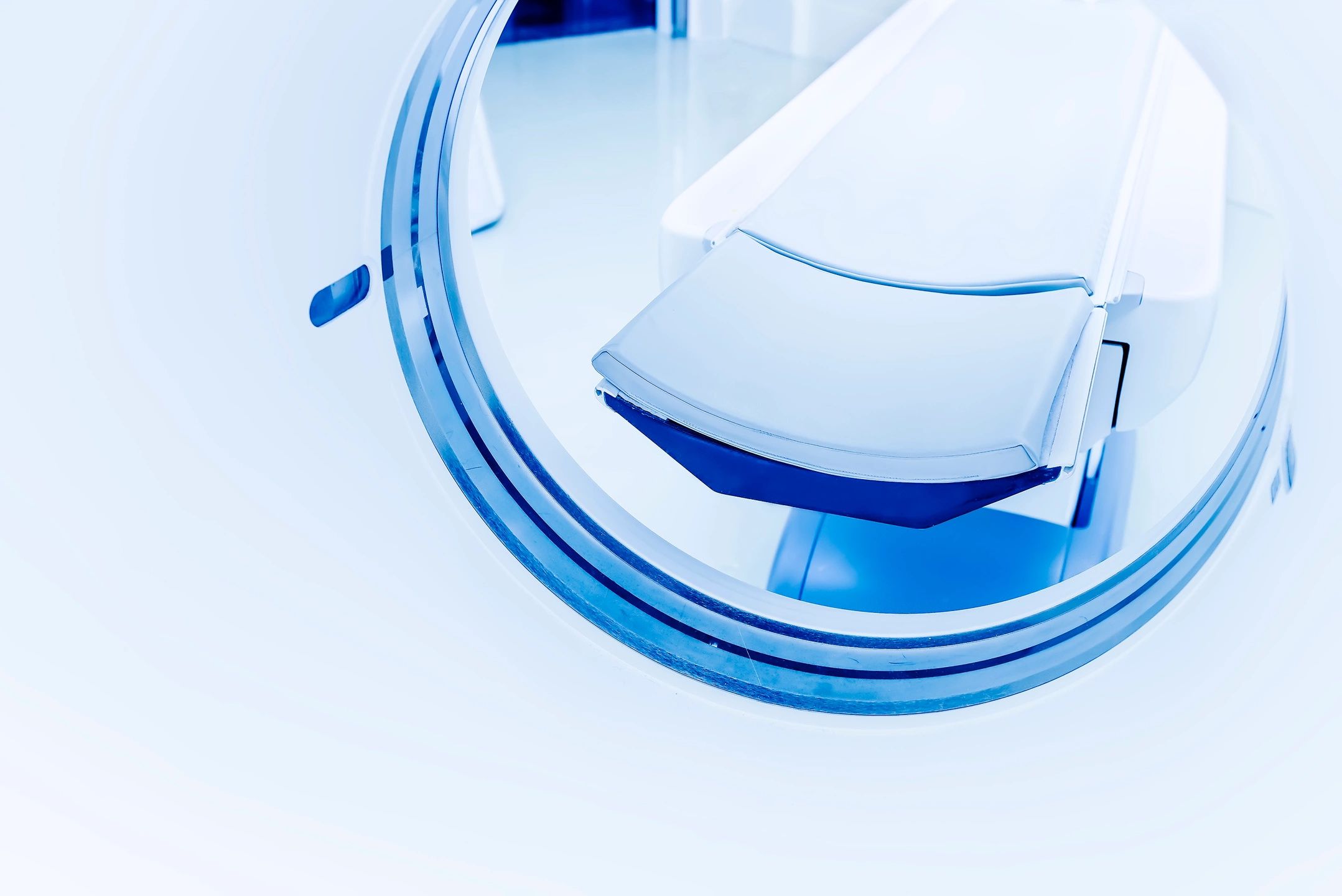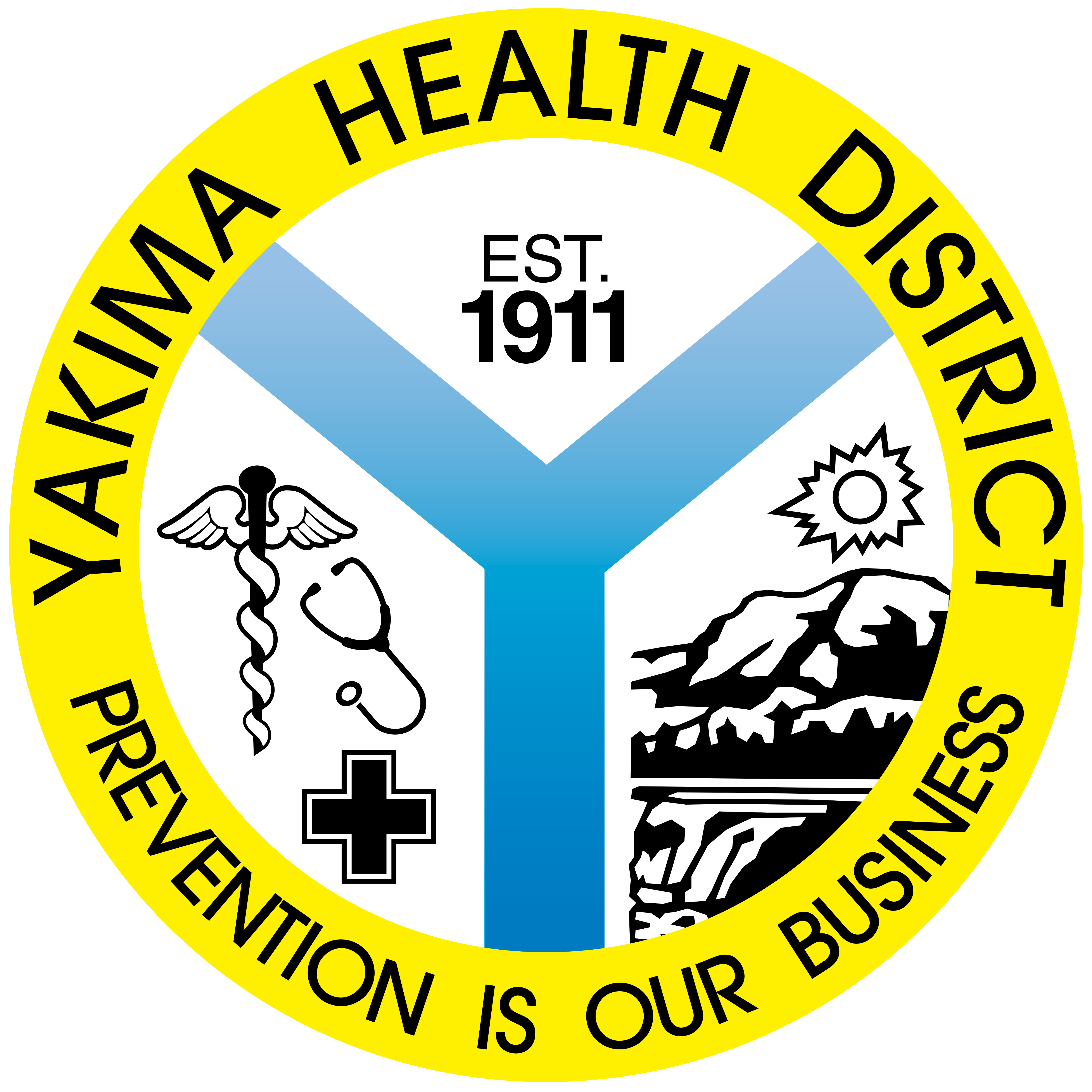
Increase in Suspected Cases of Acute Flaccid Myelitis (AFM)
- As of Oct. 9, 2018, 5 cases of acute flaccid myelitis (AFM) in Washington are being evaluated by Centers for Disease Control and Prevention (CDC) neurologists and other AFM experts.
- All cases are among children between 7 months and 5 years of age who presented with acute paralysis of 1 or more limbs. All had respiratory symptoms in the week prior to limb involvement. Four of the 5 had fever of 100.4°F or higher.
- The cases are residents of Pierce (1), King (2), Lewis (1), and Snohomish (1) counties.
- From Jan. 1 to Sept. 30, 2018, a total of 38 people in 16 states across the United States have been confirmed to have AFM. Most cases have been children. No etiology for AFM has been established although potential associations with enteroviruses (including EVD68 and EVA71), adenovirus, herpes viruses, arboviruses including West Nile virus and other viruses have been reported. Non-infectious causes have not been ruled out.
Actions Requested
- Be vigilant and consider AFM in patients presenting with onset of acute limb weakness; AND MRI showing spinal cord lesion of the gray matter spanning one or more spinal segments OR cerebrospinal fluid (CSF) pleocytosis.
- Promptly report suspected cases of AFM to Yakima Health District by calling the reporting line at 800-535-5016 ext. 541.
- If possible, complete the AFM Patient Summary Form and fax it to (509) 249-6628.
- Collect surveillance specimens from patients suspected of having AFM as early as possible in the course of illness (see details below).
- Order viral respiratory and viral stool cultures to be performed locally (if not already done).
- Collect specimens and send to Washington State Public Health Laboratory:
- CSF (collected within 24 hours of the serum).
- Serum (collected within 24 hours of the CSF).
- Two stool specimens separated by 24 hours (whole stool).
- Upper respiratory tract sample nasopharyngeal swap or oropharyngeal swab.
- Oropharyngeal swab should always be collected in addition to the nasopharyngeal specimen on any patient suspected to have polio.
Questions? Contact Yakima Health District at (509) 249-6509 or (800) 535-5016.
